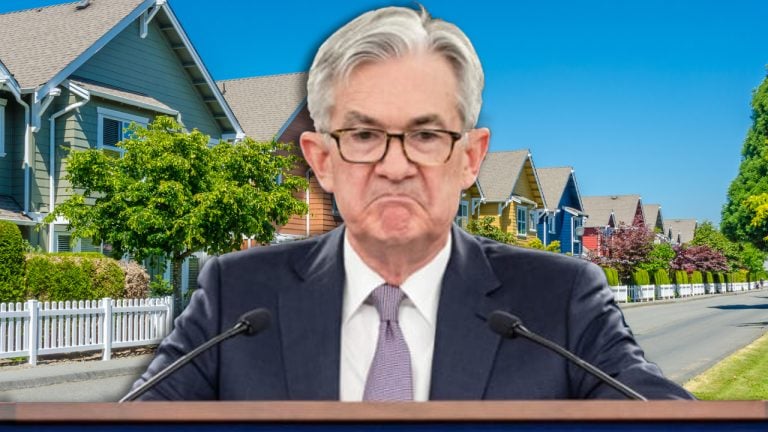
"What the central bank digital currency is all about is surveilling Americans and controlling behavior of Americans," said Ron DeSantis at a 'Big Brother’s Digital Dollar' podium.
Ron DeSantis, the Governor of Florida expected by many to throw his hat into the ring for the 2024 United States presidential race, has called for a ban on a digital dollar.
Standing in front of a podium bearing the line “Big Brother’s Digital Dollar” at a March 20 press conference, DeSantis spoke out against the Federal Reserve issuing and controlling a central bank digital currency, or CBDC, in the United States, claiming the initiative would grant “more power” to the government. He cited concerns over inflation in the country, the Fed increasing interest rates, and pressure on banks as examples of government policies directly affecting U.S. consumers.
“[A CBDC] provides the government with a direct view of all consumer activities,” claimed the Florida governor. “Any way they can get into society to exercise their agenda, they will do it. So, what the central bank digital currency is all about is surveilling Americans and controlling behavior of Americans.”
No CBDC in Florida https://t.co/p9pwSTmrlN
— Ron DeSantis (@GovRonDeSantis) March 20, 2023
DeSantis largely dismissed arguments in favor of the Fed issuing a digital dollar — environmental concerns and reaching the underbanked — without citing evidence. He pointed to China’s rollout of its digital yuan in an attempt “to monitor citizen behavior allowing for the surveillance of spending habits and to cut off access to goods and services” as well as how the governments of the Bahamas and Nigeria have handled CBDCs.
“You’re opening up a major can of worms and you’re handing a central bank huge, huge amounts of power.”
This is a developing story, and further information will be added as it becomes available.














